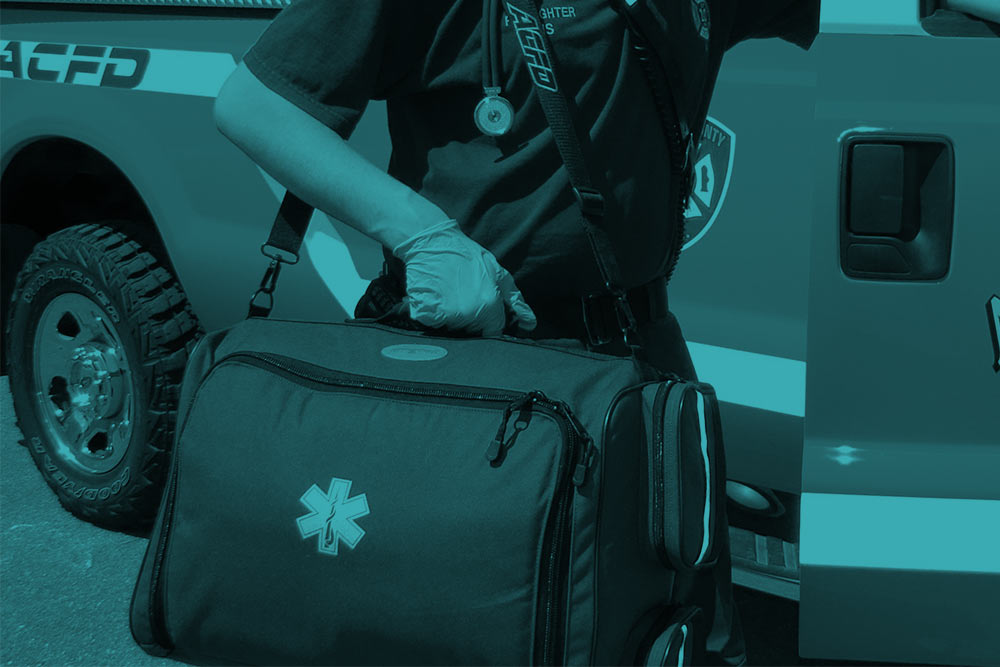
Fire and police first responders are often the first to arrive in medical emergencies and provide basic life support services until specialized personnel arrive. This study aims to evaluate rates of fire or police first responder-initiated cardiopulmonary resuscitation (CPR) and automated external defibrillator (AED) use, as well as their associated impact on out-of-hospital cardiac arrest (OHCA) outcomes.
Results: Our cohort included 25,067 OHCA incidents. We found fire or police first responders initiated CPR in 31.8% of OHCA events and AED use in 6.1% of OHCA events. Likelihood of sustained ROSC on ED arrival after CPR initiated by a fire/police first responder was not statistically different as compared to EMS initiated CPR (aOR 1.01, CI 0.93-1.11). However, fire/police first responder interventions were associated with significantly higher odds of survival to hospital discharge and survival with good neurologic outcome (aOR 1.25, 95% CI 1.08-1.45 and aOR 1.40, 95% CI 1.18-1.65, respectively). Similar associations were see when examining fire or police initiated AED use.
Conclusions: Fire or police first responders may be an underutilized, potentially powerful mechanism for improving OHCA survival. Future studies should investigate barriers and opportunities for increasing first responder interventions by these groups in OHCA.






